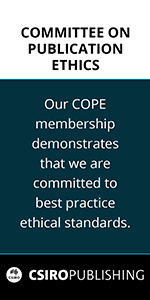RJ19012Short-term responses to sheep grazing in a Patagonian steppe
Sheep grazing modifies ecosystem function through direct and indirect effects on plants. Quantifying direct effects is important for rangeland management and ecosystem conservation. We evaluated the short-term direct effects of sheep grazing on a Patagonian steppe during one growing season and observed that short-term direct effects mainly affected the most preferred species, which could be useful in the design of strategies for monitoring the condition of forage resource.





